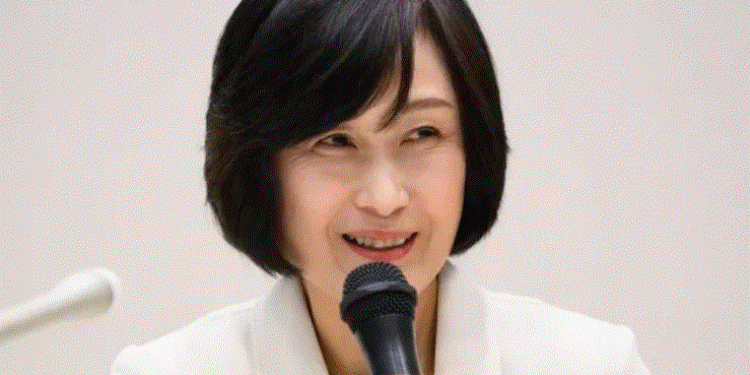In a historic move, Japan Airlines (JAL) has named Ms. Tottori as its first female president, breaking barriers in the traditionally male-dominated aviation industry. Not only does Ms. Tottori hold the distinction of being the carrier’s first female boss, but she also boasts a unique background as a former member of the cabin crew, adding to the significance of her appointment.
The announcement of Ms. Tottori’s appointment has sparked widespread attention and praise, with headlines celebrating her as the “first woman” and “first former flight attendant” to lead the airline. However, her unconventional career trajectory has also garnered some unusual descriptors, including references to her past affiliation with Japan Air System (JAS), which was acquired by JAL two decades ago.
Despite not fitting the mold of the elite businessmen who typically ascend to the top ranks of JAL, Ms. Tottori’s appointment signals a departure from tradition and a step towards greater diversity in leadership. With her background as a graduate of a women-only junior college, Ms. Tottori represents a departure from the norm in a company where the majority of past presidents were educated at the country’s top university.
Ms. Tottori’s appointment comes at a crucial time for JAL, following a recent incident where the airline’s flight attendants were commended for their swift response to a plane collision at Tokyo’s Haneda airport. As a former flight attendant herself, Ms. Tottori understands the importance of aviation safety firsthand, having experienced the aftermath of a tragic accident early in her career.
Her ascent to the top position at JAL reflects the company’s transformation since its bankruptcy in 2010, under the guidance of Kazuo Inamori, a retiree and ordained Buddhist monk who spearheaded the airline’s restructuring. Mr. Inamori’s emphasis on promoting individuals from frontline operations, rather than bureaucratic roles, paved the way for leaders like Ms. Tottori to rise through the ranks.
Ms. Tottori’s appointment also aligns with broader efforts in Japan to increase female representation in corporate leadership. With the government aiming for a third of leadership positions at major businesses to be held by women by 2030, Ms. Tottori’s historic achievement serves as a beacon of progress and inspiration for women aspiring to leadership roles.















